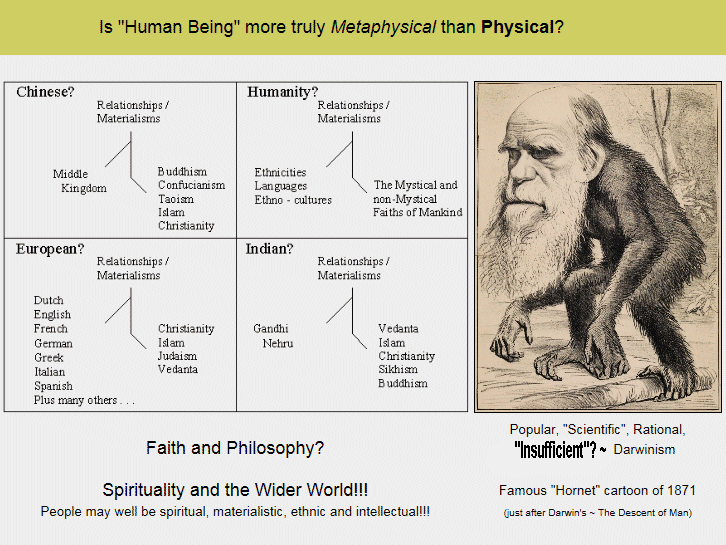Darwin's - 'The survival of the fittest' quotation
Darwin had tended to write about species being engaged in a competitive Struggle for Existence. This struggle being seen, by Darwin, as primarily a struggle for food to support growth, life, and the generation of young individuals to continue the species in question.
The actual term survival of the fittest however was actually attributed by Darwin himself to another source:-
"The expression often used by Mr. Herbert Spencer of the Survival of the Fittest is more accurate, and is sometimes equally convenient"
Darwin was so taken with Spencer's catchy phrase that he did, in fact, use it in a later (1869) edition of his "The Origin of Species".

There are many entertaining and instructive quotations about, or attributable to, Charles Darwin:-
For instance as a boy of sixteen his father said to him:-
"You care for nothing but shooting, dogs and rat-catching, and you will be a disgrace to yourself and all your family."
Darwin was keenly interested in Natural History as a young man and his Autobiography mentions
one particular beetle hunt in detail:-
"I will give a proof of my zeal: one day on tearing off some old bark, I saw two rare beetles and seized one in each hand; then I saw a third and new kind, which I could not bear to lose, so that I popped the one which I held in my right hand into my mouth. Alas it ejected some intensely acrid fluid, which burnt my tongue so that I was forced to spit the beetle out, which was lost, as well as the third one".

Does Darwinian Evolution offer much in terms of explaining Human Nature?
The answer to this question seems to raise deep, but interesting,
issues associated with Human Existence.

It is widely known that Plato, pupil of and close friend to Socrates, accepted that Human Beings have a " Tripartite Soul " where the individual Human Psyche is noticeably composed of three aspects - Wisdom-Rationality, Spirited-Will and Appetite-Desire.
